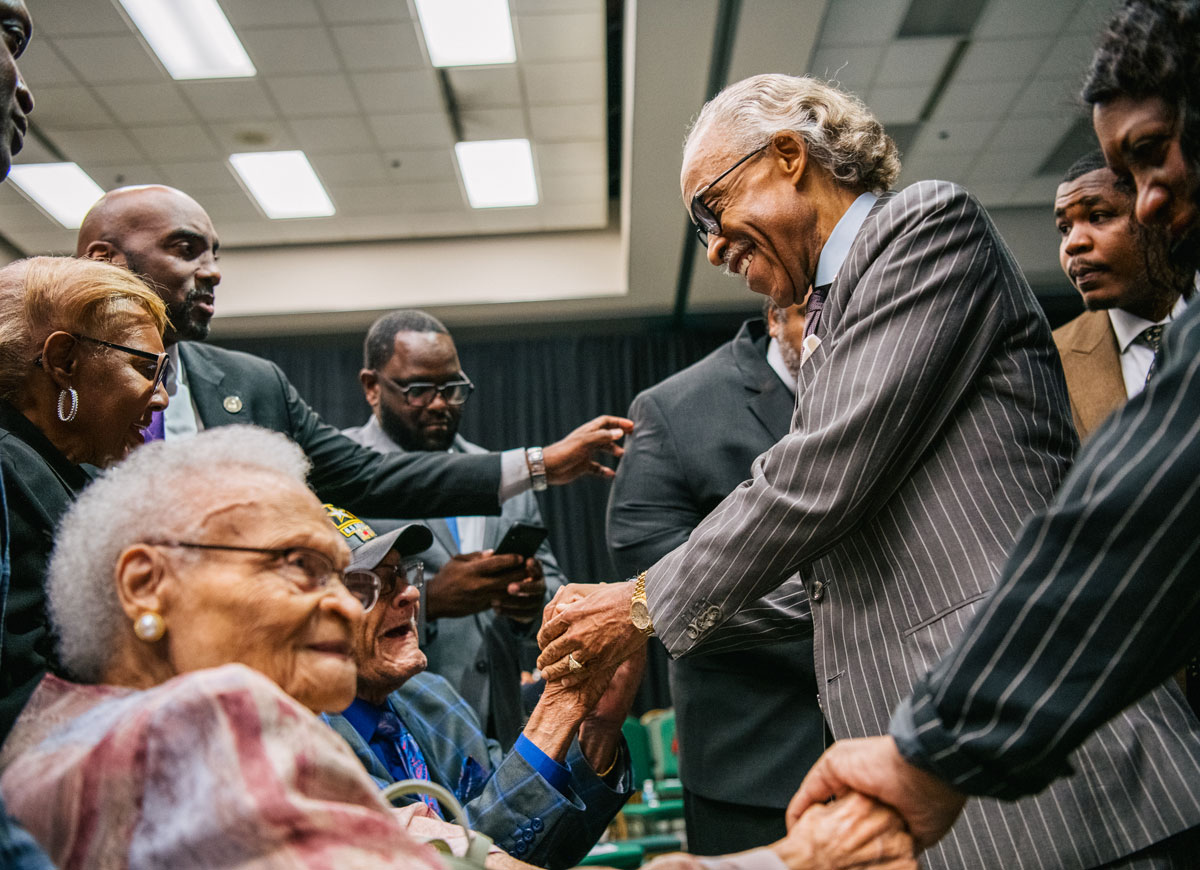Tulsa Mayor Monroe Nichols Announces $105M Fund To Address Legacy Of 1921 Tulsa Race Massacre, Avoids Talk Of ‘Reparations’
Earlier this month, Tulsa Mayor Monroe Nichols unveiled a $105 million city-backed plan aimed at repairing the enduring harm caused by the 1921 Tulsa Race Massacre, one of the deadliest acts of racial violence in U.S. history. The announcement was made at the Greenwood Cultural Center, now officially recognized as Tulsa Race Massacre Observance Day.
Nichols, the city’s first black mayor, emphasized that the plan does not include direct payments to descendants or the two remaining survivors of the massacre, both aged 110. Instead, the funds will be allocated toward establishing the Greenwood Trust, a private charitable entity dedicated to revitalizing North Tulsa, investing in housing, and preserving the cultural heritage of the Greenwood District.
“This is a critical step to help unify Tulsans and heal the wounds that for so long prevented generations of our neighbors from being able to recover from the Race Massacre,” Nichols said in a press release. He described the trust as “a bridge that connects what we as a community can bring to the table and what the community needs.”
The trust is designed to reach its $105 million goal by June 1, 2026, the 105th anniversary of the massacre. Its first year will be a planning period to establish the initiative’s structure, including hiring a privately funded executive director and forming a board of trustees and advisors.
Subscribe to our free weekly newsletter!
A week of political news in your in-box.
We find the news you need to know, so you don't have to.
The Greenwood Trust will focus on three key areas: cultural preservation, housing and economic development. A large portion of the funds, $60 million, will be directed toward restoring historic sites and implementing the Kirkpatrick Heights Greenwood Master Plan, a plan aimed at redeveloping publicly owned land in Tulsa. An additional $24 million will be allocated to expand housing opportunities for survivors and their descendants, while $21 million will support scholarships, small businesses, and organizational grants.
Nichols avoided labeling the initiative as “reparations,” a term he said is too politically charged. Instead, he called it a “road to repair,” a forward-looking framework that he hopes will serve as a national model for cities confronting historical racial injustices.
“At this moment in our nation’s history, this work will allow us to stand together and become a national model for how cities confront their history while charting a new path forward rooted in unity and truth,” Nichols said. “It is up to us to provide the framework that will build up a community that has been left out for far too long.”
Get the most-revealing celebrity conversations with the uInterview podcast!







Leave a comment